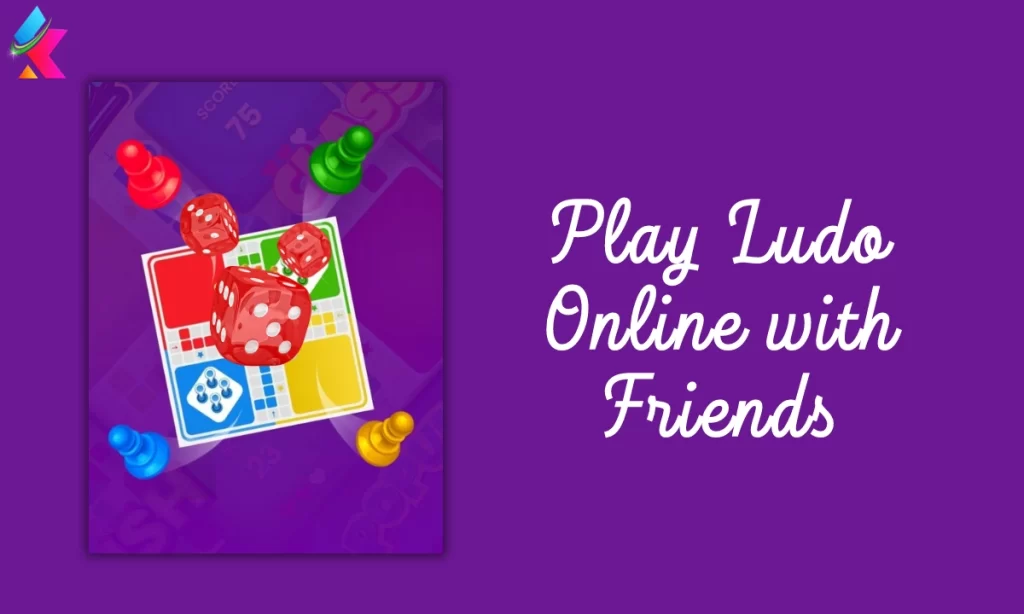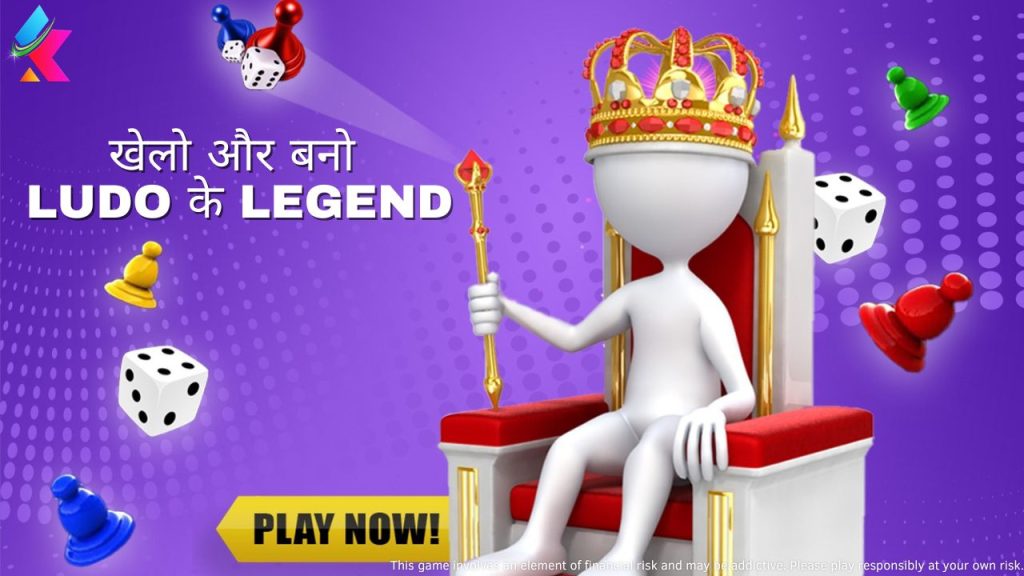Who doesn’t love a good game of Ludo? This board game has been entertaining families for centuries. Ludo is a classic board game that has been entertaining people of all ages for generations. It is a game of strategy, luck, and fun that brings friends and families together. But did you know that there are some fascinating facts about Ludo that you probably didn’t know? Buckle up as we dive into 15 incredible facts about Ludo you didn’t know! So let’s dive right in!
15 Incredible Facts About Ludo
Join us on a thrilling journey as we explore 10 interesting facts about Ludo game, the universally adored board game. Prepare to unveil the layers of intrigue and history that surround this timeless amusement.
1. Battle Royal – The Origins in India
Ludo’s journey began in ancient India, where it was originally known as “Pachisi.” The game was a royal pastime, played by kings and nobility during their leisure hours. The name “Pachisi” translates to “twenty-five” in Hindi, symbolizing the number of spaces on the traditional Ludo board.
[download]
2. The Rigged Dice – A Test of Skill
Contrary to popular belief, Ludo is not purely a game of luck. While the roll of the dice determines the movement of the tokens, skilled players strategically plan their moves to outmaneuver opponents. The game’s blend of chance and strategy makes it an engaging and competitive experience.
Learn about: Steps to play Ludo board game
3. Rolling in the Deep – The Global Spread
As India flourished through trade and cultural exchange, Ludo gradually spread to other parts of the world. British colonialists discovered the game during their time in India and introduced it to England in the late 19th century. From there, it quickly gained popularity across Europe and beyond.
4. Fit for Kings! – Ludo’s Aristocratic Connection
In its early days, Ludo was a game reserved for royalty and aristocrats. Its regal origins contributed to its prestige and elegance, making it a symbol of sophistication and leisure among the elite.
5. Dice Throw – The Element of Chance
The roll of the dice adds an element of unpredictability to Ludo, creating exciting and suspenseful moments during gameplay. Players eagerly anticipate the outcome of each roll, hoping for the numbers they need to advance their tokens.
6. Opposite Numbers Equal 7 – The Rule of Balance
In rules of playing Ludo, the numbers on opposite sides of the dice always add up to seven. This clever design choice ensures a balanced gameplay experience, as no single player has an advantage or disadvantage based on the dice alone.
7. Patented in England – Modern Evolution
The modern version of Ludo, as we know it today, was patented in England in 1896. This patent solidified the game’s rules and design, paving the way for its widespread adoption and recognition.
Read more: Online Ludo Game Tips And Tricks
8. A Global Hit – Ludo’s Worldwide Appeal
Over the years, Ludo has transcended cultural boundaries and become a beloved game in many parts of the world. Its universal appeal lies in its simple yet strategic gameplay, making it accessible to players of all ages and backgrounds.
9. Strategy, Not Luck – Mastering Ludo
While luck plays a role in Ludo, skillful strategy is the key to victory. Experienced players carefully plan their moves, consider their opponents’ actions, and optimize their dice rolls to gain a competitive edge.
10. Business School Material – Lessons from Ludo
Ludo’s blend of strategy, risk management, and decision-making has made it a subject of study in business schools. The game offers valuable insights into strategic thinking and the dynamics of competition.
11. Lockdown’s Respite – Ludo’s Revival
During challenging times like lockdowns and pandemics, Ludo has provided solace and entertainment to people worldwide. Families and friends have turned to this classic game to bond and have fun together, fostering stronger relationships.
12. Aeroplane Chess – A Ludo Variant
Aeroplane chess is a popular variant of Ludo, especially in some Asian countries. It introduces additional gameplay elements, such as air travel routes, adding a fresh twist to the traditional game.
13. 24×7 Live Games – Digital Ludo’s Appeal
With the rise of mobile gaming and online platforms, Ludo has found a new home in the digital realm. Players can now enjoy 24×7 live games with friends and strangers from around the globe, contributing to its widespread popularity.
14. Inspiring Pop Culture – Ludo in Media
Ludo’s charm extends to the realms of popular culture. It has made appearances in movies, TV shows, books, and even song lyrics, solidifying its status as an iconic and timeless game.
15. Latin Word – The Name’s Origins
The word “Ludo” itself has Latin origins, meaning “I play.” This succinct name perfectly encapsulates the essence of the game – the joy and excitement of playfulness and competition.
Ludo Facts: FAQs
Where did Ludo originate?
Ludo originated from an ancient Indian game called Pachisi.
How has Ludo evolved over time?
Ludo evolved from a large outdoor game played by emperors into a convenient board game enjoyed worldwide. It has also moved into the digital world, with numerous online platforms.
What skills can be developed by playing Ludo?
Ludo helps develop several skills, including strategic thinking, decision making, problem-solving, and social interaction.
Are there different variations of Ludo?
Yes, there are several variations of Ludo worldwide, each with unique rules and board layouts.
How has Ludo maintained its popularity over the centuries?
Ludo’s simplicity, educational twist, and cultural ties have helped it maintain its popularity over the centuries.







